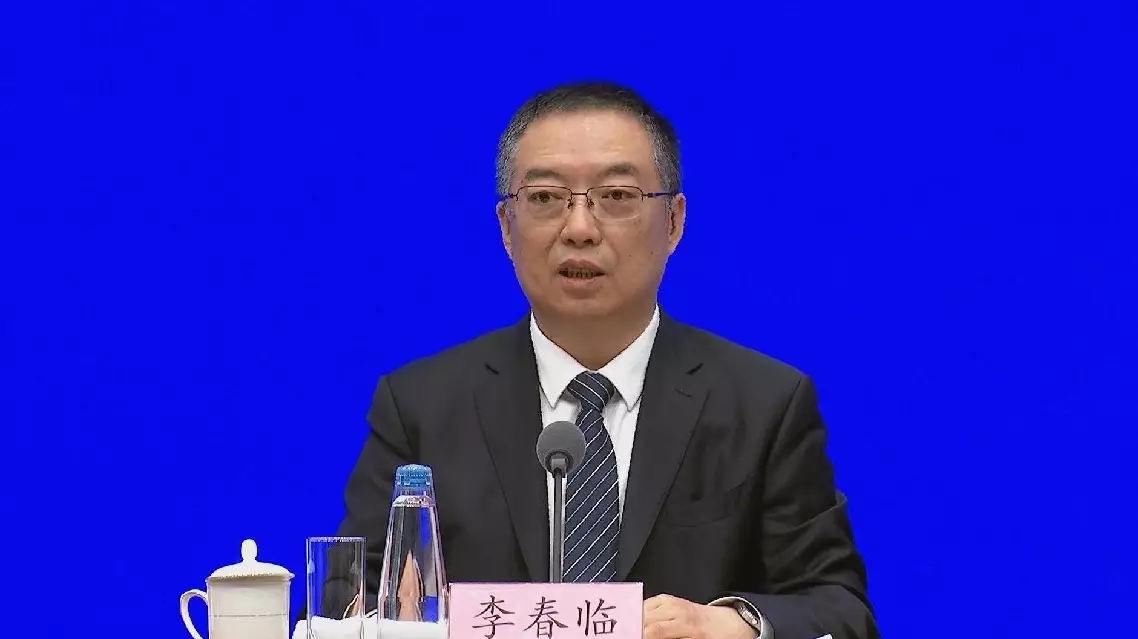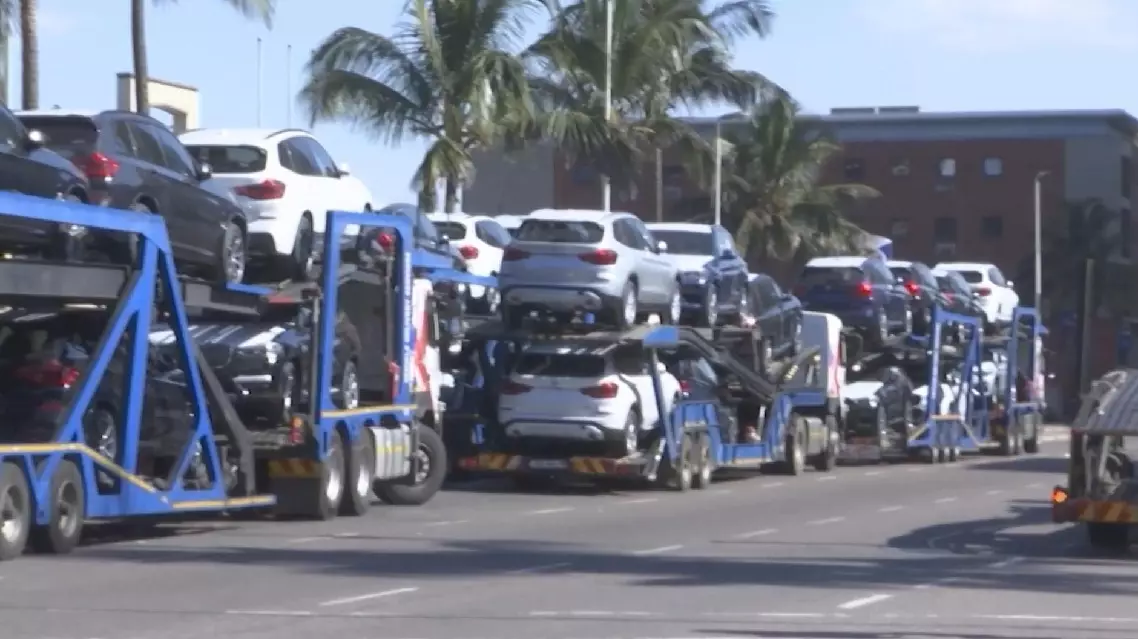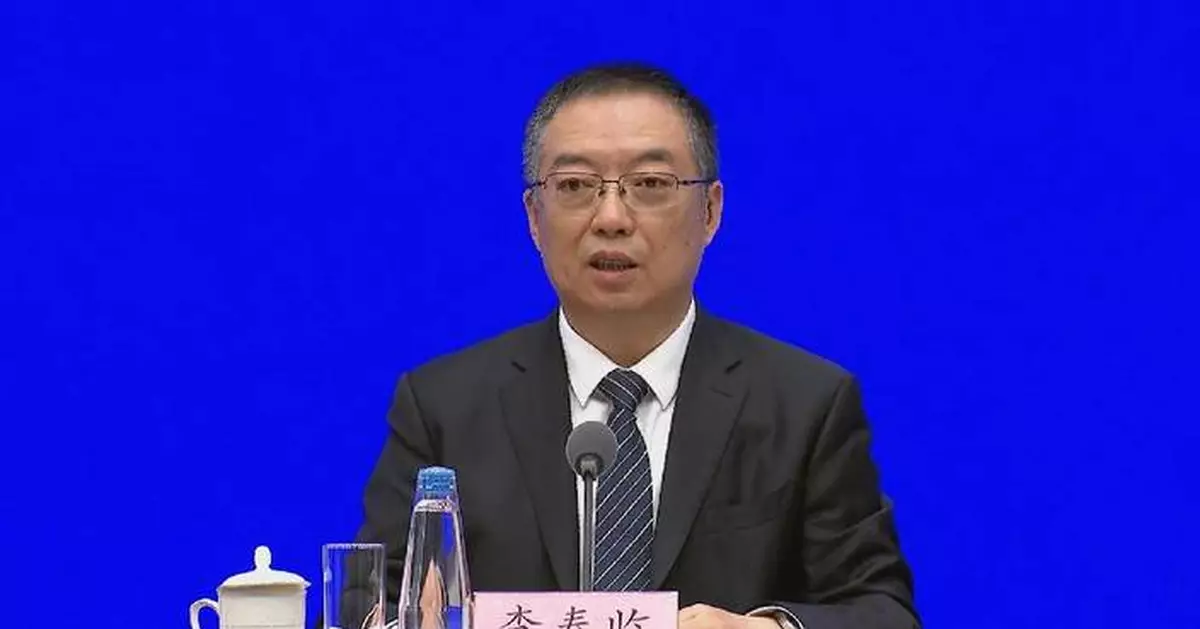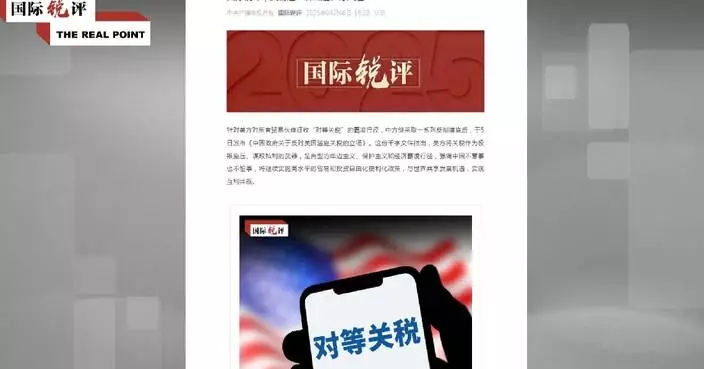China has expanded its national credit information platform, simplifying access to financing for private businesses and micro, small, and medium enterprises (MSMEs).
At a news conference on Wednesday, officials from China's National Development and Reform Commission (NDRC) highlighted major strides in the country's credit information sharing system.
According to Li Chunlin, deputy director of the commission, China has now completed the development of a unified national financing credit service platform that integrates 74 categories of key business-related credit data, including company registration, taxation, social security, and housing fund contributions.
By the end of February 2025, banks had issued a cumulative total of 37.3 trillion yuan (5.14 trillion U.S. dollars) in loans through the national credit platform, 9.4 trillion yuan of which were credit loans. These efforts have been especially instrumental in supporting the financing needs of private and MSMEs.
The government plans to further enhance the platform's functionality by improving data quality and expanding its financial service offerings. The goal is to provide richer, multidimensional credit data to financial institutions, ultimately widening loan access for MSMEs.
"We will enhance the platform's comprehensive financial service capabilities, leveraging it to offer enterprises a wider range of financial products. The platform will provide credit reports and credit evaluation services to financial institutions, facilitate the online processing of pro-business policies, and ensure that support reaches businesses directly and efficiently. We will support financial institutions in developing more loan products tailored to the needs of private and MSMEs, and work with them to jointly develop specialized loan products for specific sectors, thereby improving financing access across the entire industrial chain," said Li.
The press conference also revealed that by the end of February 2025, the outstanding balance of inclusive loans to micro and small-sized enterprises nationwide had reached 33.9 trillion yuan, marking a 12.6 percent year-on-year increase, 5.7 percentage points higher than the overall loan growth rate.
Among these, credit loans accounted for 9.4 trillion yuan, representing a 25.8 percent increase year on year. The share of credit loans in inclusive micro and small-sized enterprise lending rose to 27.6 percent, up 2.9 percentage points from the same period last year.

China expands credit access for private, MSME businesses
A 25 percent import tariff on all foreign-built vehicles entering the United States has raised serious concerns for manufacturers in South Africa.
Automotive giants like Mercedes and BMW have long used South Africa as a base for global exports -- but those plans may be shifting into reverse gear after the U.S. announced the punitive measures.
"If you take, for example, BMW, 97 percent of the X3 that we are producing in Rosslyn is exported out of the country. We only sell 3 percent in South Africa, and there's a huge number of those vehicles that also go into the U.S. So there are companies in South Africa that are purely here not because they are selling vehicles in South Africa; they are here to produce vehicles for the global market, and it's important for them to remain globally competitive," said Mike Mabasa, CEO of the National Association of Automobile Manufacturers of South Africa.
U.S. automaker Ford, which has deep roots in South Africa, is also in the crosshairs.
The company recently invested over 300 million U.S. dollars to upgrade its Silverton plant in Pretoria, South Africa, for the production of the world's only plug-in hybrid Ranger, which has just entered production but could face delays or restrictions.
"If an American citizen wants to buy specifically a Ford Ranger that is a plug-in hybrid, they can only place an order in South Africa, nowhere else in the world. So, that means, obviously, the capacity of Ford to be able to produce those vehicles in big volumes is going to be constrained, because Americans are going be looking at another Ford that is produced in another country, or even in the United States," said Mabasa.
South Africa has long enjoyed duty-free automotive exports to the U.S. under the African Growth and Opportunity Act, but that relationship now hangs in the balance.
A sharp shift in U.S. foreign policy threatens to derail an industry that employs thousands and contributes around 5 percent to the country's economy.
"We produce less than 1 percent of global automotive vehicles, so to say. So, in reality, the impact on us is likely to be more disproportionate than those of our peers that produce at the same level. And the risk is actually created -- a concentration risk -- in countries that have greater capacity and are building more; in those countries will be able to absorb some of this," said Parks Tau, South Africa's minister of trade and industry.
Amid growing concerns about overreliance on the U.S. market, Amith Singh, national manager for manufacturing at Nedbank Commercial Bank, emphasized the importance of tapping into regional trade opportunities.
"I think we need to make better use of some of our local agreements, our African continental agreements. How do we leverage that? How do we partner with the government and private sector to start benefiting the countries and the economies aside from the United States? So, those could be the catalyst to drive our localization projects; it could be what we need to drive the African economy as opposed to being completely reliant on the States (United States)," he said.
South Africa is for now standing firm in its decision not to retaliate against steep U.S. import tariffs, set to take effect in just a few days.
Officials in Pretoria acknowledge the challenges posed by the current U.S. administration but are pursuing a diplomatic approach in hopes of maintaining stable relations and preserving the African Growth and Opportunity Act.

US tariffs rock South Africa’s auto industry
















































